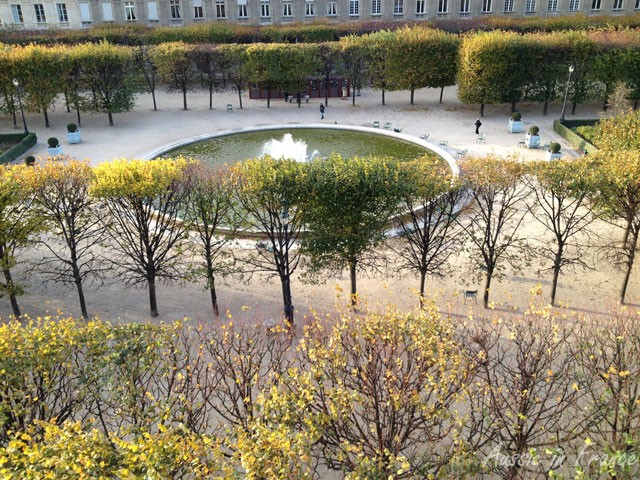What luck! What bad luck! What good luck!
Quelle chance ! Quelle mauvaise chance ! Quelle chance !
That’s right, it’s not a mistake – quelle chance twice – because you don’t say quelle bonne chance in French. You can say bonne chance all by itself though to wish someone good luck. Otherwise, chance is always good.

In English we have three words to mean more or less the same thing – chance, fortune and luck.
Fortune in French usually has a financial meaning as in il a fait fortune, which means he made his fortune.
In literary contexts, fortune can be used in our sense of luck or fortune but I’ve never heard anyone use it.
My Larousse gives the expression La fortune sourit aux audacieux which means “Fortune favours the bold or strong or brave”. They are all translations of the Latin proverb Audentes fortuna iuuat, Fortes fortuna adiuuat, Fortuna audaces iuua or Fortes fortuna iuuat.
In most contexts, chance is used in French to convey the English luck or lucky or fortunate. There is an adjective, chanceux and its antonym malchanceux or malencontreux but they’re rarely used in comparison with lucky. Jean Michel couldn’t find any examples of chanceux in normal speech.
Quelle chance tu as d’habiter le Palais Royal = You’re so lucky to live in the Palais Royal.
Tu as de la chance d’habiter le Palais Royal = You’re lucky or fortunate to live in the Palais Royal.
Il n’a jamais de chance = He’s always unlucky.
J’avais de la chance de trouver ce que je cherchais = I was lucky to find what I was looking for.
Elle avait de la chance d’être là au bon moment = She was fortunate in being there at the right time.
Just for the record, il est fortuné has nothing to do with being lucky – it means he’s wealthy.
So what about “chance” in English? For example, how do you say “I didn’t get a chance to talk to him”? Well, here “chance” means “opportunity” or “possibility” so we would say je n’ai pas eu l’occasion (ou la possibilité) de lui parler.
But if it means “luck” e.g. he hasn’t much chance of winning, you’d use chance but in the plural: il n’a pas beaucoup de chances de gagner.
“Chance” in English is used in a lot of different contexts that I won’t bore you with. Just a couple that might be useful though.
I went there on the chance of seeing him = j’y suis allé dans l’espoir de le voir. Here, “chance” means “hope”.
No chance! not a chance = jamais ! jamais de la vie !
Alors bonne chance in your future use of chance! And if you have any questions, don’t hesitate!

Love this blog!!
Chanceux is used. like in “-Ca fait 3 fois qu’il gagne au loto, il est chanceux lui !” but you’re right ‘il a de la chance’ is more often used. The same applies with malchanceux.
For chance the French will also use
– la veine, un veinard, être en veine, avoir de la veine (“le veinard il a encore gagné !”)
– être verni (je suis verni, j’ai acheté le dernier billet pour le concert !)
— more popular (but not slang…)
– le pot, avoir du pot (j’ai du pot le magasin allait fermer)
– le bol, avoir du bol (tu as du bol, ils t’ont vendu le billet gagnant !)
– la baraka , avoir la baraka
Fortune can also be used (not often these days) for luck
bonne fortune (j’ai eu la bonne fortune de rencontrer le directeur….)
“contre mauvaise fortune, bon coeur”
(nothing to do with money as ‘revers de fortune’ will be used)
That’s for the top of my head….there might be other expressions/words…
Hi Ago, I’m glad you are enjoying the blog! And I love having all your comments. Thank you for all the other ways of expressing “luck” in French.
And the phrase ‘for luck’ contains the consonant letters that are always heard in all positions in standard Parisian French, as well as many other native accents, including on the ends of words.
Hi, I’m not quite sure what you mean by the consonant letters that are always heard in all positions in standard Parisian French. Can you explain with a couple of examples?
Think of any French word that ends in one of the consonant letters in ‘for luck’ and any native (not borrowed) French word that ends in any other consonant letter.